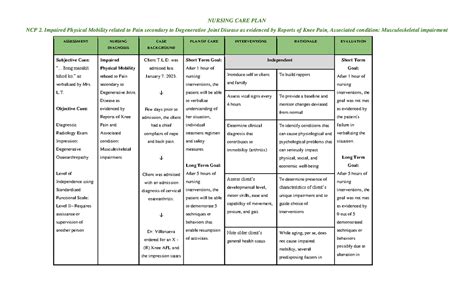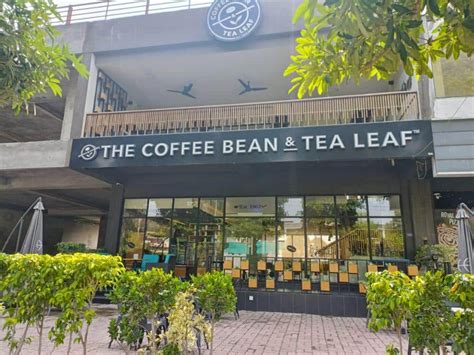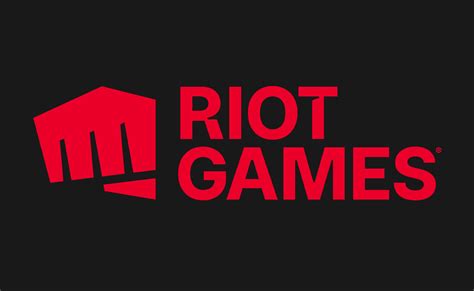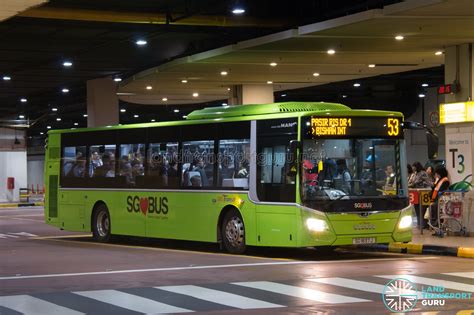Singapore’s Water Transformation Journey
Singapore’s water journey has been one of innovation and resilience. From its humble beginnings as a small fishing village with limited access to clean water, Singapore has transformed into a global leader in water management. Today, Singapore’s water supply is safe, reliable, and sustainable.

The key to Singapore’s water success has been its integrated water management approach, which involves a diverse range of water sources, innovative technologies, and a strong focus on water conservation.
Is Singapore’s Water Safe to Drink?
Yes, Singapore’s tap water is safe to drink. It meets all the World Health Organization’s (WHO) drinking water quality guidelines. In fact, Singapore’s tap water is often considered to be one of the cleanest and safest in the world.
The water quality in Singapore is closely monitored by the national water agency, PUB. PUB conducts regular testing of water samples from all over Singapore to ensure that the water meets the required standards.
Water Quality Standards in Singapore
Singapore’s water quality standards are among the most stringent in the world. The water quality standards are set by the Ministry of Health (MOH) and are based on the WHO’s drinking water quality guidelines.
The water quality standards cover a wide range of parameters, including:
- Chemical contaminants
- Microbiological contaminants
- Physical contaminants
- Radionuclides
Water Sources in Singapore
Singapore’s water supply comes from a diverse range of sources, including:
- Local catchments: Singapore has 17 reservoirs and 5 water collection zones. These catchments collect rainwater and runoff from surrounding areas.
- Imported water: Singapore imports water from Malaysia under a long-term agreement.
- Reclaimed water: Singapore has four NEWater plants that produce high-quality reclaimed water from wastewater.
- Desalinated water: Singapore has two desalination plants that produce fresh water from seawater.
Water Conservation in Singapore
Water conservation is a key part of Singapore’s water management strategy. Singapore has implemented a number of water conservation measures, including:
- Public education campaigns: PUB conducts regular public education campaigns to raise awareness of the importance of water conservation.
- Water-efficient appliances: PUB has implemented a water efficiency labeling scheme to help consumers choose water-efficient appliances.
- Water-saving devices: PUB provides water-saving devices, such as low-flow showerheads and dual-flush toilets, to households and businesses.
- Pricing mechanisms: PUB uses a tiered pricing system for water to encourage water conservation.
The Future of Water in Singapore
Singapore is constantly looking for new and innovative ways to improve its water management. PUB is currently working on a number of projects to ensure that Singapore’s water supply remains safe, reliable, and sustainable for the future.
These projects include:
- Expanding the use of reclaimed water: PUB is planning to expand the use of reclaimed water from 5% to 55% of Singapore’s total water demand by 2060.
- Developing new desalination technologies: PUB is working on developing new desalination technologies that are more energy-efficient and cost-effective.
- Exploring new water sources: PUB is also exploring new water sources, such as atmospheric water generation and rainfall harvesting.
Conclusion
Singapore’s water supply is safe, reliable, and sustainable. The water quality in Singapore meets all the WHO’s drinking water quality guidelines. PUB closely monitors the water quality in Singapore to ensure that it meets the required standards.
Singapore is constantly looking for new and innovative ways to improve its water management. PUB is currently working on a number of projects to ensure that Singapore’s water supply remains safe, reliable, and sustainable for the future.
















